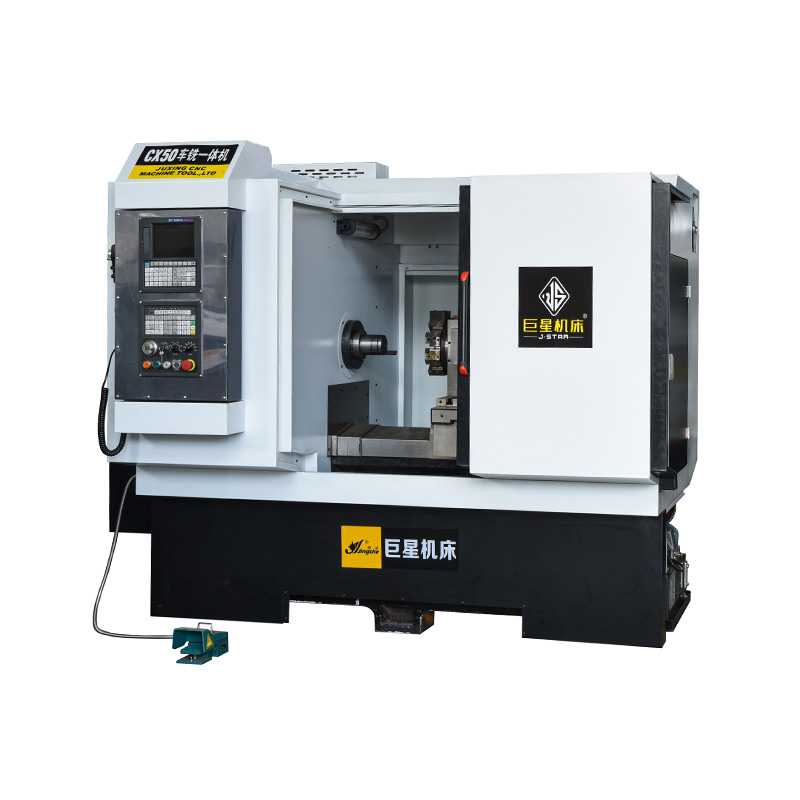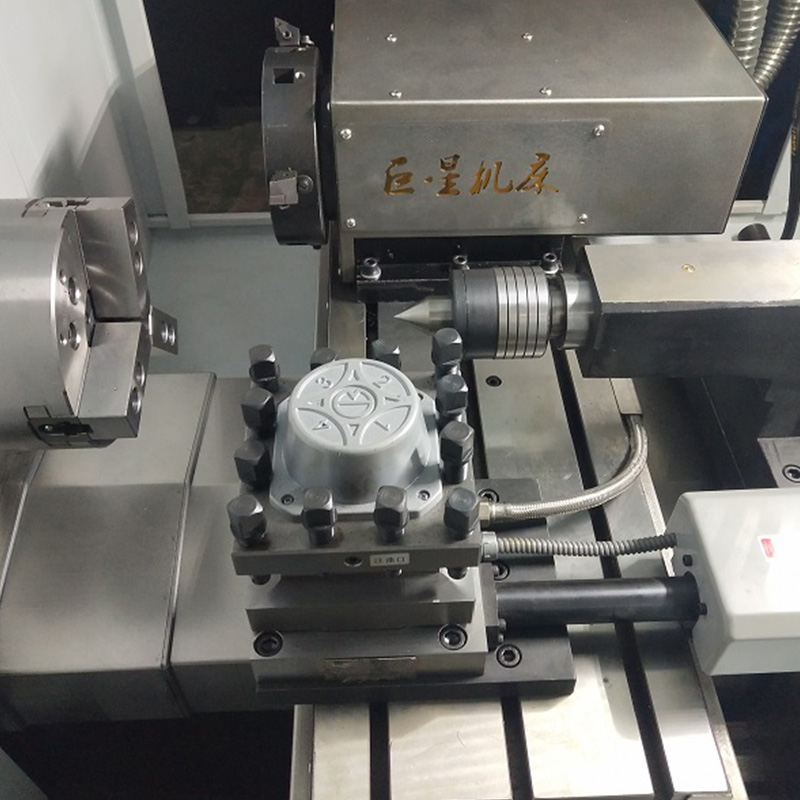CF60 CNC Polygon Lathe
Cat:High Rigidity Polygon Lathe
The CF60 CNC Polygon Lathe is a highly efficient and versatile machine tool designed for small to medium-sized precision parts milling. It is capable ...
See DetailsThe field of manufacturing has undergone a remarkable transformation over the past several decades, largely due to the rise of computer numerical control technology. As a CNC machining factory, we have had the opportunity to witness and participate in this evolution firsthand. The development of CNC machining has not only improved the precision and efficiency of production processes but also reshaped the way factories operate and deliver value to various industries.

In the early days of machining, production relied heavily on manual labor and traditional equipment. Operators were required to control machines manually, which made processes slower, less consistent, and more prone to errors. As demand for higher accuracy and greater production output increased, the need for a better solution became clear. This is where the CNC machining factory began to play a crucial role. With automated controls and programmable systems, CNC machining introduced a level of precision and repeatability that traditional methods could not match.
The initial phase of CNC machining development focused on basic automation. Machines were equipped with simple coded instructions that allowed them to perform repetitive tasks with consistent results. Over time, as computing power improved, so did the capabilities of these machines. Today, a modern CNC machining factory is equipped with advanced equipment that can perform complex operations such as milling, turning, drilling, and even multi-axis cutting with exceptional accuracy.
The growth of digital technologies has been instrumental in supporting the progress of the CNC machining factory. The integration of computer-aided design and computer-aided manufacturing software has made it possible to convert digital models into precise machine instructions. This has shortened production cycles, reduced human error, and allowed for the rapid prototyping of parts. Our CNC machining factory, like many others, now relies on digital workflows from design to final inspection, ensuring consistent quality and fast turnaround times.
Another key aspect of CNC machining development is the expansion of materials that can be processed. In the past, CNC machines were primarily used for metals such as aluminum and steel. Today, a CNC machining factory can work with a wide variety of materials, including plastics, composites, and even advanced alloys used in aerospace and medical industries. This flexibility has opened new opportunities for innovation and customization across multiple sectors.
As product complexity has increased, so too has the need for more sophisticated equipment. Multi-axis machines, which allow movement along multiple planes, are now common in any forward-thinking CNC machining factory. These machines can perform detailed and intricate cuts in a single setup, improving efficiency and reducing the chance of error. The result is faster production, higher quality parts, and the ability to meet the growing demands of industries such as automotive, electronics, and defense.
In addition to technical advancements, the CNC machining factory has also seen major improvements in workplace organization and process control. Lean manufacturing practices, automation, and real-time monitoring systems have become standard. These improvements have led to greater productivity and better use of resources, contributing to cost savings and environmental benefits. As a CNC machining factory, we take pride in maintaining a clean, well-organized environment that supports both high performance and sustainability.
Training and workforce development have also evolved alongside technological progress. Today's CNC machining factory requires operators and engineers who are not only mechanically skilled but also proficient with software and digital systems. Investing in education and skill-building is essential to keep up with the pace of change in the industry. Our factory places strong emphasis on continuous learning and knowledge sharing to remain competitive and future-ready.

